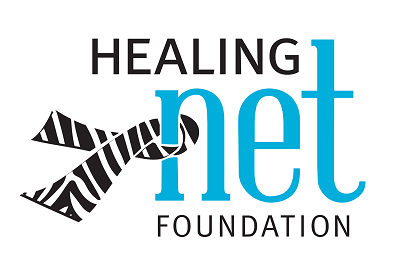Nurse Education and Support
Because care of NET patients involves so many disciplines and varied diagnostic and treatment options, NET nurses have to develop expertise not only in a complicated disease but also in complex, cross-functional coordination to meet the unique needs of NET patients.
Summit 2019 Break-Out Group included RN’s, nurse practitioners, and physicians. Below are some of their key recommendations for Healing NET:
Education for NET nurses should include problem-based case studies along with a basic review of NETs and related procedures. Curriculum should recognize the multidisciplinary nature of NET care as well as the complex factors influencing care--not only HCPs and patients but also social workers, family members, payers, pharmacists, media, regulators, legislators, etc., can impact care.
Encourage the inclusion of nurses in tumor board meetings (identified as the the highest impact/lowest effort at the Summit). Faculty feedback was that 64% currently include nurses in tumor board meetings. 94% think tumor board attendance is a valuable education tool for nurses.
Reaching key players was seen as an effective way to reach the intended audience: Identify nurse managers, seek executive leadership buy-in, and approach education coordinators.
Suggested incentives were a mixture of extrinsic and intrinsic rewards with CNE credit viewed as the greatest incentive by far.
Explore opportunities to partner with existing nursing organizations to deliver content on NETs.
The nurses at the Summit agreed to establish themselves as a working group, NET Nurse Champions. Ideas for the role of a NET nurse champion include building a network of regional leaders to promoted education, providing support to other nurses caring for NET patients, and developing presentations for their professional groups.



